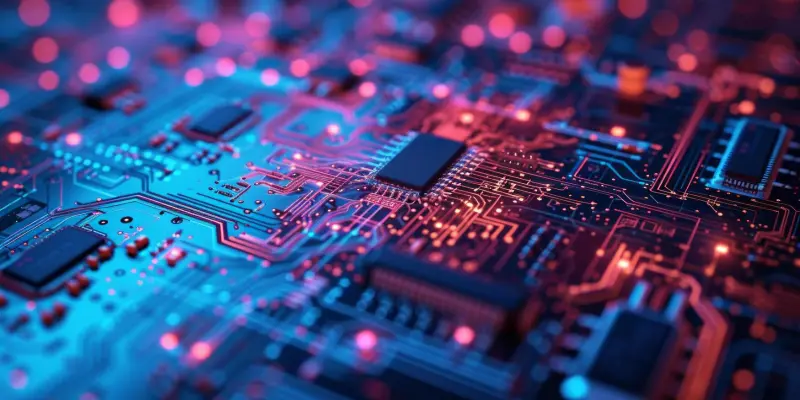In a landscape where tech deals come and go with fleeting speed, Newegg has introduced an attention-grabbing offer that stands out as an incredible value proposition for tech enthusiasts. The dramatic offer includes the Intel Core Ultra 7 265K processor paired with a 32 GB DDR5-6000 memory kit, alongside popular games like Civilization VII and Dying Light, all for a remarkably low price of $299. When comparing this bundle to purchasing each component separately, the savings exceed $250, as the combined retail value amounts to approximately $557. While the Core Ultra 7 265K may not claim the title of a top gaming performer, it excels in productivity tasks, boasting 20 cores with overclocking capabilities on the Z890 platform. This showcases Newegg’s strategic efforts to deliver comprehensive value through an enticing mix of hardware and software, appealing to both gamers and productivity-focused users.
Enticing Strategy and Market Implications
Newegg’s compelling offer highlights a growing trend among retailers to use aggressive bundling tactics to engage consumers. By combining advanced hardware with sought-after software, these packages offer buyers not just real savings but an enhanced experience. This deal underscores Newegg’s commitment to creating bundles that appeal to a wide range of customers, from those interested in high-end productivity tools to those exploring immersive gaming realms. The inclusion of processor options like the Core Ultra 5 245K/KF and the higher-end Core Ultra 9 285K caters to diverse consumer needs, though the latter is more costly. However, such attractive deals often face stock limits, prompting quick decisions from buyers eager to capitalize on the offer. In this competitive tech market, marked by rapid advancements and shifting demands, consumers should stay alert to spot and seize limited-time deals. Newegg’s approach not only boosts its market standing but foreshadows new ways tech products are sold, paving the way for increasingly personalized bundles designed to meet varied tech needs, shaping an ever-evolving retail scene.

